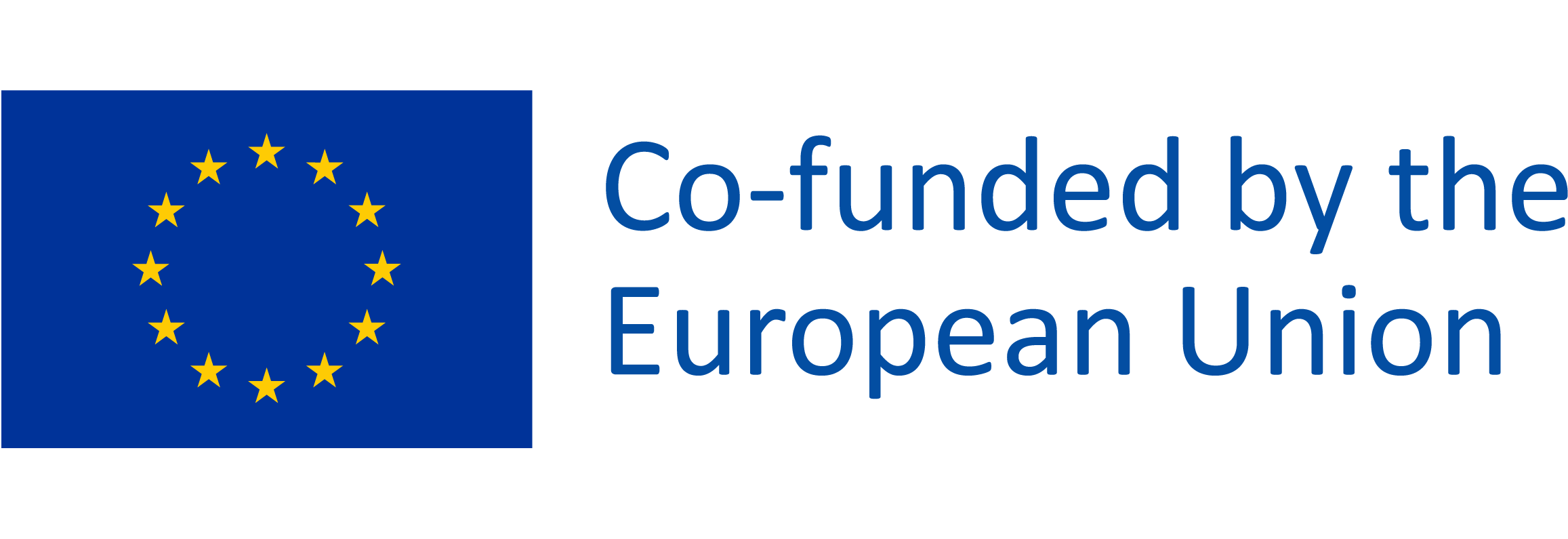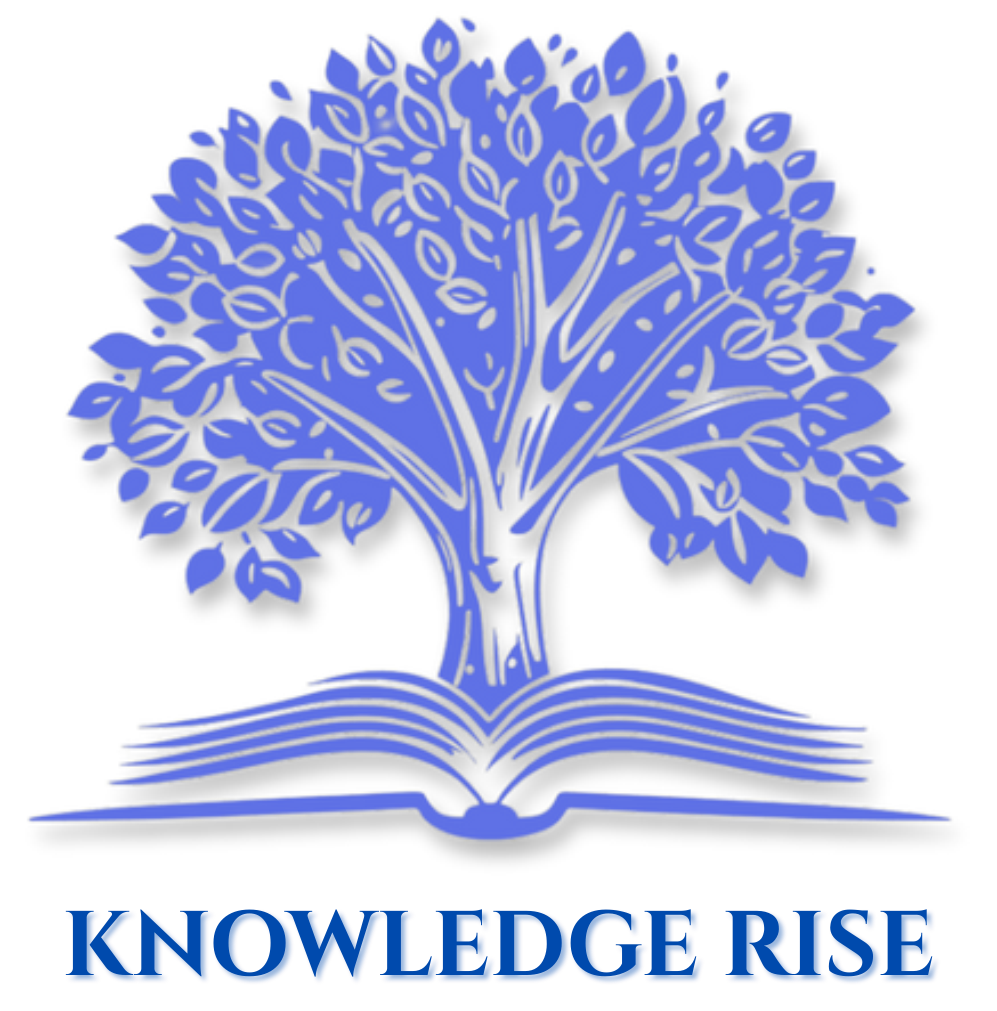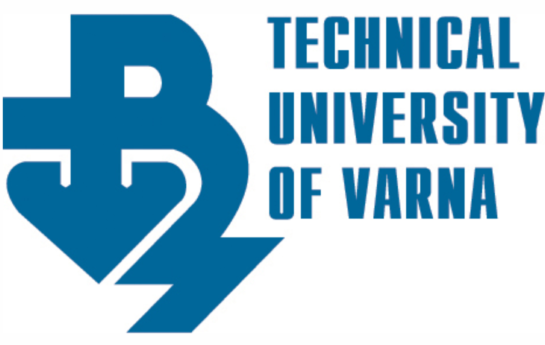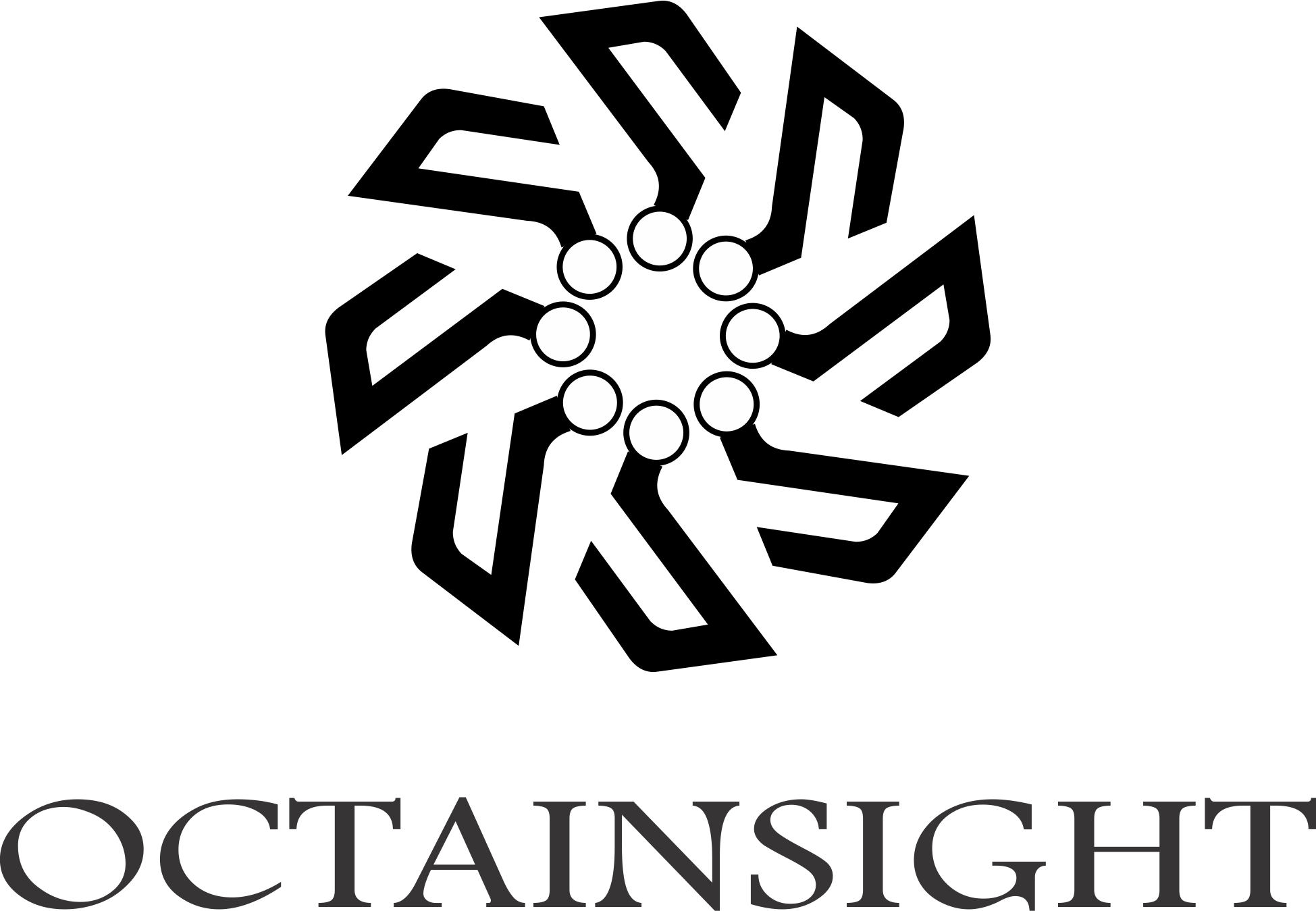

Welcome to
Knowledge rise
Advancing Sustainable Blue-Green Economies via Deep Tech–Innovation Capacity Building in Higher Education
The project “Knowledge rise” objectives align with the EIT HEI Initiative goals, aiming to create systemic impact by mapping ecosystem needs, raising societal and business awareness, and bridging gaps between academia, business, and society. This is achieved through targeted training programs that strengthen HEIs’ innovation and entrepreneurial capacity, inspiring students and academics to pursue entrepreneurship. Knowledge Rise empowers HEIs to drive impact by supporting startups, adopting technologies to tackle societal challenges, sharing training materials, and facilitating knowledge transfer.
NB! This site is currently under construction.
Thanks for your patience!

Methodology
The following section outlines the overall methodology, what the consortium will be doing, why certain work packages will be delivered, and how they will be delivered.
Leveraging the EIT Knowledge Triangle
The project employs the EIT Knowledge Triangle to integrate education, research, and business, creating innovation ecosystems that bridge HEIs and the market. This approach ensures the project objectives are met by fostering collaboration, driving creativity, and advancing Europe’s position as a global leader in Deep Tech innovation. The business partner plays a pivotal role by connecting HEIs with market needs, providing mentorship, and supporting startups, ensuring tangible outcomes and sustainable impact.
Defining needs & gaps
Deep Tech is essential for Europe’s transition to sustainable blue and green economies. The consortium has identified five critical challenges to address this transformation:
- Businesses need skilled employees in Deep Tech fields like AI, ML, advanced materials, and sustainable energy to adopt greener practices. HEIs must align their education programs to meet stakeholders’ demands.
- European HEIs need new programs that equip students to apply Deep Tech in advancing sustainability, including in blue and green economies.
- Europe’s startup ecosystem trails behind leading tech regions and needs more Deep Tech startups focused on practical, environmentally impactful solutions.
- HEIs and research centers must integrate Deep Tech into innovation strategies to support the European innovation agenda and sustainability goals.
- Gaps between business needs, educational offerings, and societal challenges limit Europe’s ability to address key issues like climate change, renewable energy, and sustainable practices. Bridging these gaps through Deep Tech talent and innovation will enhance Europe’s capacity to tackle these crises.
Restructuring Europe’s economy toward sustainable models, particularly blue and green circular economies, is essential to reducing reliance on non-renewable resources and fostering socio-economic stability. Policies like the European Green Deal and EU Biodiversity Strategy underscore the importance of sustainable development to balance economic growth with ecological resilience[4][5]. Deep Tech solutions, including AI, big data, and Advanced Materials, are critical for optimizing resource use, advancing renewable energy systems, and driving environmentally friendly industrial practices[3].
However, training one million talents in Deep Tech fields[6] alone is insufficient to secure Europe’s leadership in the emerging Deep Tech wave. A fully developed innovation ecosystem, integrating education, research, and business, is essential to foster sustainable innovation and effectively scale blue and green economy initiatives.
Bridging Gaps
The Knowledge Rise project aligns its objectives with identified gaps and implements work packages (WPs) to address these gaps effectively, ensuring a cohesive approach to achieving project goals:
Addressing Gaps #1 and #2 (Business and Education Misalignment):
- Objective #A1 identifies gaps in the Deep Tech ecosystem.
- Objective #A2 develops tailored course programs, while Objective #A5 fosters HEI collaboration to enhance alignment between education and business.
- Delivered through WP2 (mapping gaps and developing programs) and WP3 (delivering training).
Addressing Gap #3 (Lack of Deep Tech Startups):
- Objective #B1 focuses on supporting and accelerating startups and spin-offs.
- Implemented via WP4, which delivers incubation and acceleration programs.
Addressing Gap #4 (HEIs as Innovation Drivers):
- Objectives #A3 and #A4 build academic capacity and awareness of Deep Tech’s importance.
- Objective #B2 establishes infrastructures to commercialize innovations.
- Objective #B4 fosters collaboration across the knowledge triangle—HEIs, businesses, NGOs, and public bodies.
- Supported by WP2 (gap mapping), WP5 (ecosystem building), and WP6 (strengthening partnerships).
Addressing Gap #5 (Societal Needs and Stakeholder Actions):
- Objective #A4 raises societal awareness, and Objective #B4 establishes communication channels to connect HEIs, businesses, and NGOs.
- Advanced through WP6 (knowledge triangle strengthening) and WP7 (dissemination and communication).
Ensuring Long-Term Impact and Diversity:
- Objectives #B3 & #C1 replicate the IVAP & secures sustainability through stakeholder relations and financial support (WP5 & 6).
- Objective #C2 addresses diversity by fostering a broad and inclusive talent pool.
- Delivered through WP1 (management and quality assurance) and integrated into all WPs.
By aligning objectives with WPs, the project ensures a comprehensive approach to bridging gaps, fostering innovation, and building sustainable blue and green economies through Deep Tech.
The HEInnovate self-assessments
The project aligns its objectives with seven key innovation actions to address specific needs identified through the HEInnovate self-assessment tool. The assessment highlighted the following insights:
- Leadership & Governance: The consortium averaged 3.73/5. UiT scored the highest (4.2) and was chosen as the lead partner. SET scored the lowest (3), while TUV (3.8), Istinye (3.4), and KAU and KSU showed moderate scores.
- Organisational Capacity: The average score was 3.23, with UiT and Istinye scoring the highest (3.4), while KAU scored the lowest (3). SET, KSU, and TUV each scored 3.2.
- Entrepreneurial Teaching & Learning: The average score was 3.43. KAU led (4.6), followed by SET (3.8). KSU (2.8) and Istinye (2.6) scored lowest, while UiT and TUV were at 3.4.
- Preparing & Supporting Entrepreneurs: The overall consortium´s average score of 3.2 was relatively low, highlighting a need for improvement. KAU and Istinye scored highest (3.4), followed by UiT, TUV, and SET (all 3.2). KSU scored the lowest (2.8).
- Digital Transformation & Capability: The average score was 3.13. UiT and KAU scored the highest (3.8), while SET (2.4), Istinye, and KSU (2.8) scored the lowest.
- Entrepreneurial Ecosystem & Networks: The average score was 3.35. KAU and SET scored the highest (4), while KSU scored the lowest (2.8). Istinye scored 3.3, and UiT and TUV scored 3.
- The Internationalised Institution: The average score was 3.03, needing improvement. KAU scored the highest (3.4), followed by UiT and KSU (3.2). Istinye (2.6) scored the lowest.
- Measuring Impact: The average score of 2.8 highlights the need for improvement. While creating new methods is outside the project’s scope, the IVAP includes discussions to enhance transparency, with KPIs and tasks used to assess impact.
Based on these findings, the IVAP focuses on:
- Enhancing entrepreneurial education quality (average 3.43).
- Supporting entrepreneurs (average 3.2).
- Developing a unified digital infrastructure targeting improvements in Digital Transformation & Capability (3.13) and Entrepreneurial Ecosystem & Networks (3.35).
- Establishing or improving organisational units to boost HEIs’ capacity (average 3.23).
- Facilitating knowledge exchange and stakeholder collaboration.
- Strengthening HEIs’ positions as international institutions through IVAP transfer and knowledge sharing.
Notably, UiT, TUV, and KAU, participants in Cohort 1 and 2, demonstrated progress with scores improving by 0.2–0.4 across dimensions, reflecting their development trajectory.
Seven actions – IVAP
Based on the HEInnovate self-assessments & the objectives of the project, the IVAP includes the following 7 actions:
Domain 1 – Fostering institutional engagement & change – (2 actions)
- Action #1: Secure and maintain institutional engagement for the implementation of the IVAP, including departments and other units of HEI(s) as well as HEI leadership.
- Action #2: Enhance the scale and scope of student engagement activities, including improving student support offices to advise on innovation and entrepreneurship.
Domain 2 – Strengthening partnerships (knowledge triangle integration) – (2 actions)
- Action #3: Establish new collaborations and enhance the nature, content and type of collaborations with external partners, including businesses, regional authorities, research organisations, governmental bodies, NGOs and other stakeholders.
- Action #4: Exchange good practices through enhanced networking and mutual learning.
Domain 3 – Contribution to developing innovations & businesses – (1 action)
- Action #5: Develop structures, conditions and incentives for people to create or develop their businesses and startups.
Domain 4 – Enhancing the quality of innovation & entrepreneurial education – (1 action)
- Action #6: Develop innovation and entrepreneurial training programs and mentoring schemes for staff and students.
Domain 5 – Knowledge sharing
- Action #7: Collect and share Success Stories and Lessons.
Collaboration with EIT KICs, particularly through peer-to-peer exchanges (Domain 2, Action 3), is central to our consortium’s strategy. Several consortium´s members actively partner with EIT RawMaterials in other projects, strengthening ties between EIT KICs and HEIs. Peer-to-peer collaboration with EIT KICs is not merely an action item but a foundational value. With 9 partners from 6 EIT RIS countries, the consortium further enhances connections between EIT KIC and non-KIC HEIs.
Quality assurance in implementation
The consortium ensures quality throughout the project by establishing criteria to enhance teaching materials, the startup selection process, and collaboration among students, academics, and the business community. These criteria include aspects such as gender equality, inclusivity, accessibility, open access measures, and IP protection. This we will ensure through five steps:
- Engage students and academics to collaborate with businesses
- DeepTech knowledge & entrepreneurial skills – multidisciplinary education materials
- From the Lab to the Market (Deep Tech Hubs)
- Supporting Startups & Scale-ups
- Coordinating Activities
Measuring the outcomes – KPIs
To evaluate the outcomes and impact of the IVAP, a set of KPIs has been established to measure progress. For a complete list of KPIs and their breakdown across project phases, please refer to the details provided in link.
Project resources
Here you can find the projects actions and resources that have been developed through the project period.
Organisational Capasity
Contact
Phone
+47 77 64 54 33






